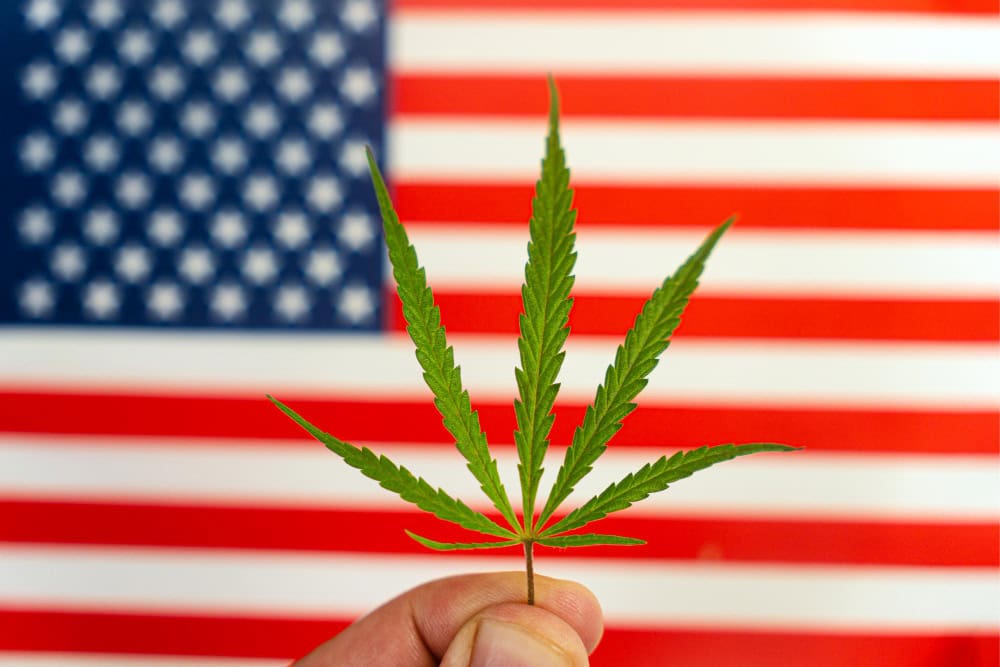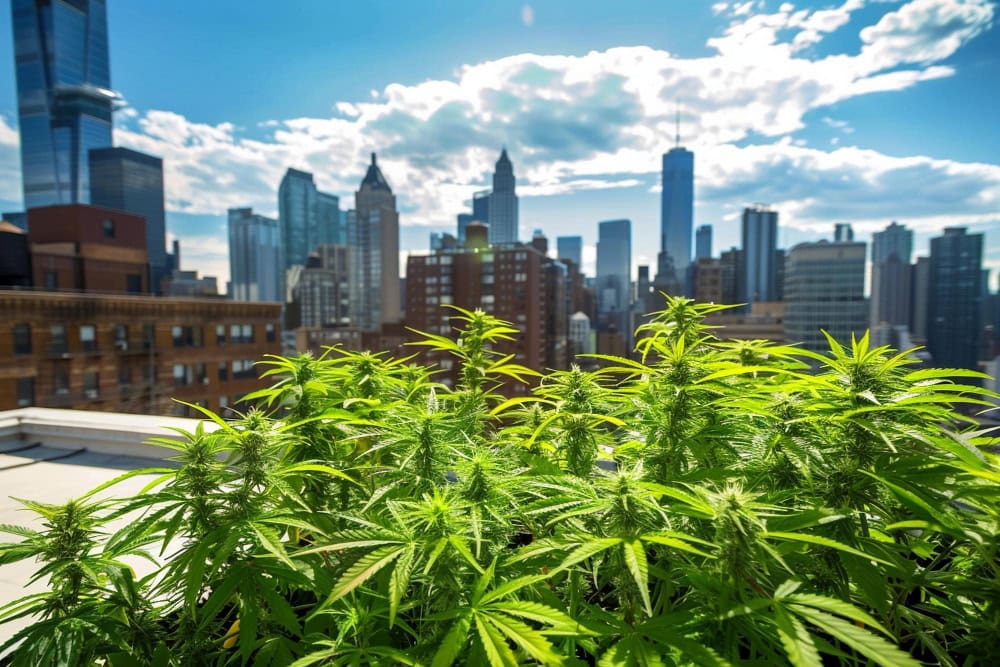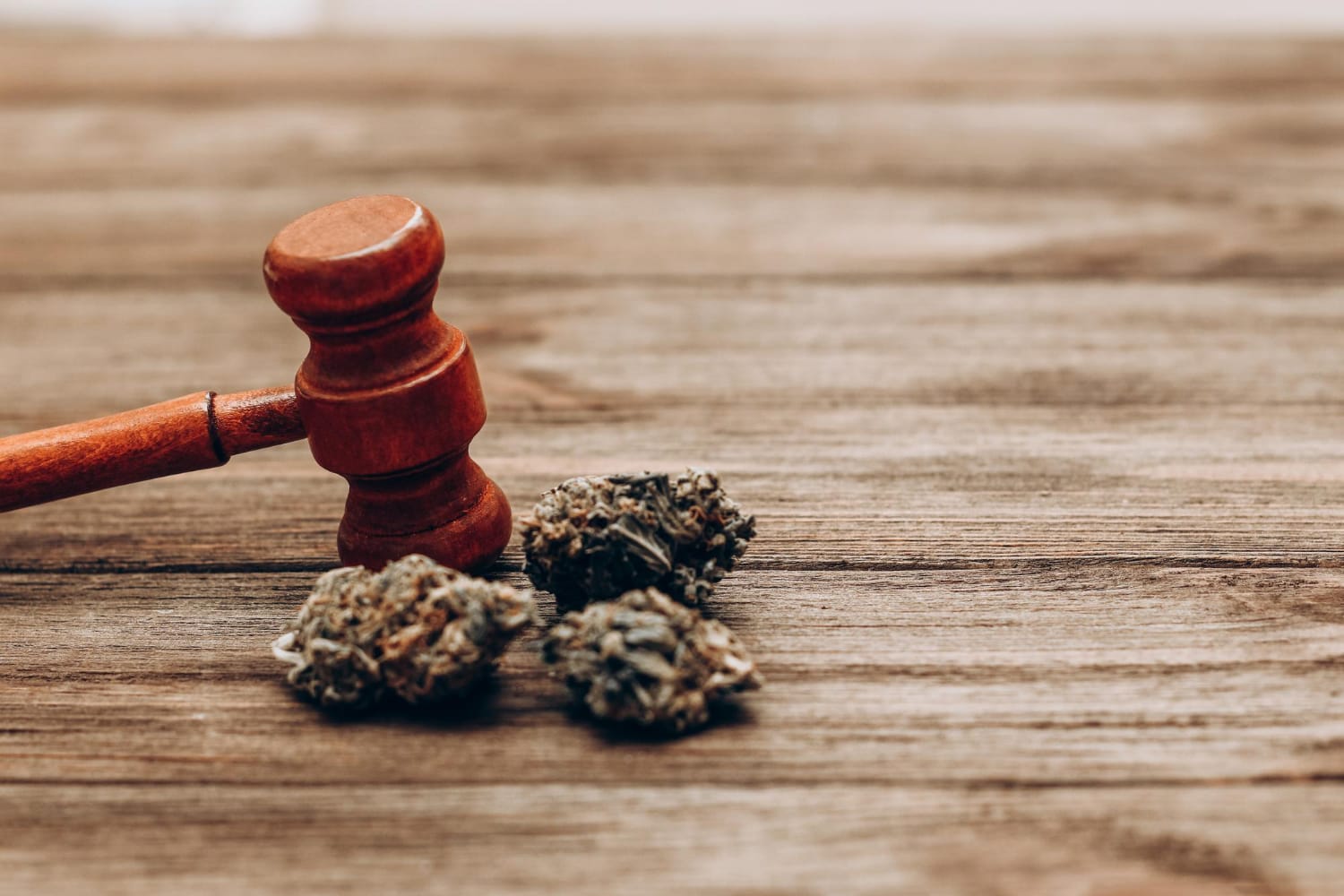How is THCA really legal? THCA, or tetrahydrocannabinolic acid, is gaining popularity among cannabis users. Unlike THC, THCA does not produce a high when consumed raw. However, when heated, THCA converts to THC, the psychoactive component in cannabis.
The legal status of THCA is complex and varies across US states. Understanding the legal THCA loopholes can help consumers and businesses navigate the cannabis marketplace. This article explores the legality of THCA and how it fits into the current legal framework for hemp-derived products.
What is THCA?
THCA stands for tetrahydrocannabinolic acid, a non-psychoactive compound found in raw cannabis. Unlike THC, which produces a high, THCA does not have psychoactive effects until it is heated. When exposed to heat, THCA converts to THC through a process called decarboxylation.
THCA Federal Legal Status
In 2018 the government made THCA federally legal simply due to lack of scientific knowledge. The farming industry was lobbying to make CBD and other hemp products legal. The fed wanted to legalize hemp for farmers, so the government had to make a clear distinction between non-psychoactive hemp, and intoxicating marijuana.

The 2018 Farm Bill
It was determined the psychoactive compound, or cannabinoid, was Delta-9 Tetrahydracannibinol, or THC for short. The 2018 Farm Bill legalized hemp and its derivatives, provided they contain less than 0.3% delta-9 THC by dry weight.
Anything that fell under .3 percent THC became the legal definition of hemp. What they failed to realize is that THC can exist in low amounts in cannabis, while the plant still possesses large amounts of THCA.
THCA converts to THC at a rate of roughly 87.7 percent. If THCA flower lab testing shows a total of 30% THCA, when heated, that THCA will convert into 26.31% THC. That is a very high THCA percentage, but we used a round number to make the math easier.
Businesses have found legal loopholes by selling hemp-derived THCA products that comply with the dry weight THC level. This legal ambiguity continues to challenge the hemp industry, affecting both producers and consumers.
State-by-State THCA Laws
THCA’s legal status varies significantly across states. Some states align with federal guidelines, allowing hemp-derived products with less than 0.3% delta-9 THC. However, other states have stricter regulations and explicitly prohibit THCA.
For example, in states like Texas and Florida, THCA is legal as long as it complies with THC content limits. This is true even though neither state has a legal recreational marijuana program.
Conversely, states like Idaho and Kansas have stringent laws, making THCA products illegal. Consumers must understand their state laws to ensure they are compliant when purchasing THCA products.

THCA Laws for Doing Business
Hemp Licenses
If you are starting a THCA business, there are many things you need to consider. In many states you’ll need a specific hemp retailer license. In other states, a simple tobacco product retail license will do. If you’re growing THCA flower, you will need to be licensed as a hemp producer. While it may not be hard to acquire these licenses in many states, it can be quite costly.
THCA Lab Testing
Whether you’re a hemp grower or a retailer of hemp products, you’ll need lab tests to certify your product is legal. The legal requirements for all THCA products must be verified by a third party lab. Lab testing will determine the amount of THC present to ensure it remains under .3 percent. This document provided by the lab is called a Certificate of Analysis or COA for short.
THCA Product Labeling
Growers and other hemp producers are responsible for acquiring lab tests and passing them along to retailers, who are responsible for passing them along to consumers. This is typically done with a COA in PDF format, where edits to the document can be viewed to verify validity.
THCA products typically have a QR code on their packaging that directs consumers back to the COA for the product. In some cases, if you are selling unpackaged THCA flower, you can attach a business card with a QR code to the package to pass along testing information.
The Future of THCA Legislation
The legal status of THCA remains uncertain as debates continue at both federal and state levels. Advocacy groups push for clearer regulations, while some lawmakers consider stricter controls on hemp-derived cannabinoids. The farm bill was supposed to be updated in 2023, but the vote was delayed.
Future legislation may redefine the boundaries of legal hemp, impacting THCA products. Public perception and industry lobbying will play crucial roles in shaping these laws. As the hemp market evolves, businesses and consumers must stay informed about potential changes to ensure compliance and capitalize on emerging opportunities in the THCA sector.

